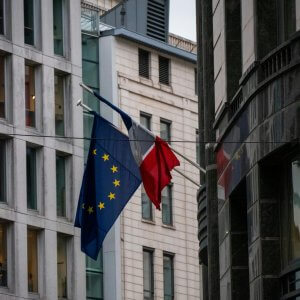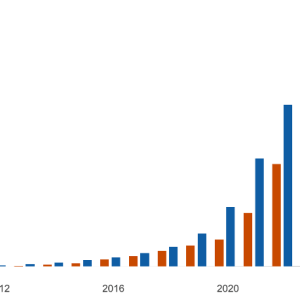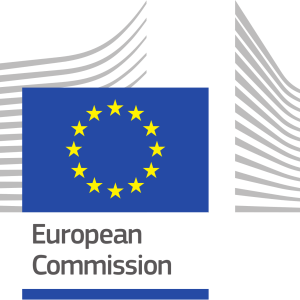Europe’s experience shows that the conflict between climate mitigation and economic development is neither inevitable nor easily resolved.Europe faces a fundamental policy tension between climate mitigation ambitions and economic development priorities. While the European Union has committed to reducing greenhouse gas emissions by 55% by 2030 and achieving net-zero by 2050, member states simultaneously pursue...
Category: European Union News Brief and Action Alert
EU: Sea Level Rise
As sea levels continue to rise, Europe’s coastlines face an escalating challenge from the North Sea to the Mediterranean. The primary causes are thermal expansion of warming water and melting glaciers and ice sheets. Sea-level rise is one of the most significant and irreversible consequences of climate change. As sea levels continue to rise,...
European Union: How To Reach The Hardest-To-Reach Climate Target Group
Elderly Rural Households and the EU’s Climate Commitment at COP30As European leaders gather for COP30 in Belém, Brazil, the EU stands at a pivotal crossroads for its climate credibility. Days ahead of the summit, EU Environment Ministers are preparing to finalize the 2040 climate target—aiming for a 90% reduction in greenhouse gas emissions relative to...
EU: The Politics of Climate Change
The 2024 European Parliament elections fundamentally altered the political arithmetic for climate policy. The European Union stands at a critical juncture in its climate ambitions, where political forces across multiple dimensions—leadership, institutional capacity, media influence, and public opinion—are collectively shaping the trajectory of greenhouse gas emissions-reduction efforts. As the bloc aims to achieve a 55%...
EU: Nuclear Energy Updates
Nuclear power remains a cornerstone of the EU’s energy mix, providing about one-quarter of its total electricity and approximately half of its low-carbon electricity. Europe’s climate ambitions are embodied in the European Green Deal, which commits the bloc to reducing greenhouse gas emissions by 55% by 2030 and achieving climate neutrality by 2050. While the...
The ability to access and benefit from sustainability services provided through EU climate policies remains strongly correlated with socioeconomic status
A Just Transition[1] necessitates that access to “sustainability service”, namely clean energy, sustainable transportation, and effective waste management, is universal and equitable. This means all populations, regardless of income, region, or cultural background, can reliably afford to consume these services at a similar level of quality. Indeed, the European Pillar of Social Rights explicitly lists...
The European Union has Increasingly Integrated Nature Based Solutions into its Climate Policies
Although NBS’s direct climate impact—generally measured at a few hundred Mt CO₂e sequestration annually—lags behind the drastic cuts achieved by renewable energy expansion and industrial decarbonization, they are indispensable for offsetting residual emissions and ensuring long-term climate resilience.Spanning multiple climatic and ecological zones, the EU is home to various ecosystems—from alpine and boreal forests to...
Automated Public Transport in the EU
In the EU, transport is responsible for roughly 25% of the climate emissions. Achieving zero emission mobility is therefore a critical and necessary objective of EU climate policy. In addition to the material climate impact, the ever-increasing number of vehicles on our roads has led to a drastic increase in congestion and air pollution. Resolving...
EU Maintains Strict Emissions Standards and Plans to Phase Out New Combustion-Engine Car Sales by 2035
Road transport in the European Union (EU) currently accounts for around 25% of all emissions. To reduce its environmental impact, the EU has set an ambitious goal of putting at least 30 million zero-emission vehicles on the road by 2030—equivalent to roughly 12% of today’s total vehicle fleet. Although reaching this figure will require concerted...
The Use of Renewables and the EU Emissions Trading System
In 2023, the EU achieved an 8% net reduction in greenhouse gas (GHG) emissions compared to the previous year[1]. This represents the most significant annual drop in decades, excluding 2020 when emissions fell sharply due to Covid-19 restrictions. Overall, the bloc’s emissions are now 37% below 1990 levels, while its GDP has grown by 68%...











